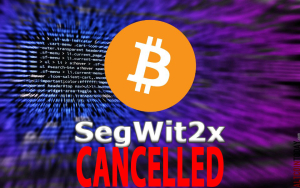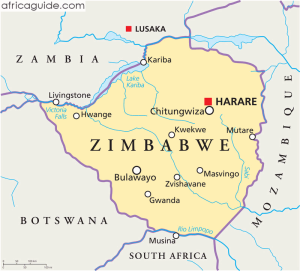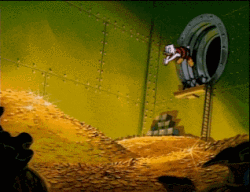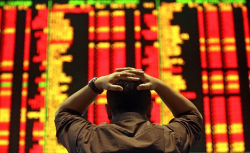As a business reporter for 40 years now I have seen my share of booms and bust.
The Houston oil boom, and bust. The S&L boom, and bust. The dot-com boom, and bust. The real estate boom and bust of the 2000s.
All those booms and busts happened just in the U.S. Other countries had their own cycles. There was the “Asian contagion” of the 1990s, and the Euro crisis early in the current decade, to cite two examples. While Houston was booming, New York was busted. And vice versa.

Bitcoin is an implementation of Blockchain, which is as revolutionary in its way as the Internet itself was in the 1990s. Blockchain automates trust. That means if you’re working as a financial intermediary – as a banker, a broker, a trader, or a regulator – your job could be eliminated in the next 20 years.
Blockchain does this by applying encryption to two already-existing technologies, the database and spreadsheet. Each block of data is encrypted. Each block is part of a database. The database is organized as a general ledger, a spreadsheet.

That’s just one example. Any transaction can be encrypted and recorded in this way. Any bidding process can be handled in this way. Any market can be handled this way.
Bitcoin is merely an implementation of all this, a proof of concept. The Bitcoin blockchain is trading encryption keys, a complex puzzle with only 21 million possible answers. So far, almost 17 million have been found or “mined.” As solutions are found, new solutions become ever-harder to find. Thus, the cost of mining Bitcoin rises continuously, and the “money supply” is controlled through technology.

You don’t have to make encryption keys into currency. You can make any currency, currency, putting them into a blockchain. But Bitcoin activists love the idea of a tightly controlled money supply. They like the idea that their “money” will always rise in value, against other currencies, against goods and services. For the Bitcoin hoarder, this is great. Prices, measured in Bitcoin, are constantly going down.
You can’t run an economy that way. Money is a medium of exchange, not a thing, even a fake thing. Money only matters when it’s being used to measure an exchange of goods and services. As I’ve written, it’s a verb. Bitcoin is most definitely a noun.

When Bitcoin’s price balloons, all holders benefit, wherever they are. If your money is no good, as it isn’t in Zimbabwe, the Bitcoin market may be your only liquid alternative. Even dollars are difficult to transport. Bitcoin is all-electronic. Thus, after a recent military takeover, it was possible to get $30,000 for a single Bitcoin in Harare.
The Bitcoin boom isn’t fueled by American money. It’s fueled by “Mrs. Watanabe,” a phrase applied to retail investors in Japan, and their sisters in Korea and China. Retirees using Japanese Yen, Korean Won and Chinese Yuan have long been frustrated by the low rates offered savers in those countries by governments, to grow local economies. They have long traded foreign exchange, often with leverage. They’re not put off by Bitcoin. They’re attracted to its deflationary nature, and to the big gains of trading.
But while the supply of Bitcoin is limited by technology, the number of cryptocurrencies is not limited. There are 1,375 of them by last count, each with their own rules and markets. Ripple coins, for instance, are designed to be liquid, and there are over 38 billion in circulation.

The Bitcoin boom can become the Bitcoin bust faster than you can say Bitcoin. What happens then is that wealth is destroyed. The won, yuan, yen, and dollars that savers pushed into the Bitcoin pot become worth less as Bitcoin becomes worthless. It’s just like the dot-com bubble and bust, just like the Great Recession.
The problem with economic policy today is not the money supply. The problem with economic policy today is the same as it was in the late 1920s. There’s too much cash chasing too few opportunities. The problem is deflation, not inflation. The U.S. government just launched a new tax scheme that takes trillions out of demand (in the form of programs like health insurance) and hands cash to the idle rich. What are they going to do with it? Money isn’t a noun. It’s a verb. It only matters when it’s being used in an exchange.

The only solution to the crisis is a global one. When a global currency or asset goes bust, the whole world must cooperate to make things right. The Bitcoin bust thus becomes an opportunity, to create the first set of global economic rules that work for everyone, because we don’t have local markets anymore, nor national markets.
Thanks to clouds, devices and blockchain the world is now one market. Bitcoin proves that concept. The result will be a political upheaval the likes of which hasn’t been seen in your lifetime. Unless you’re a lot older than I am.










